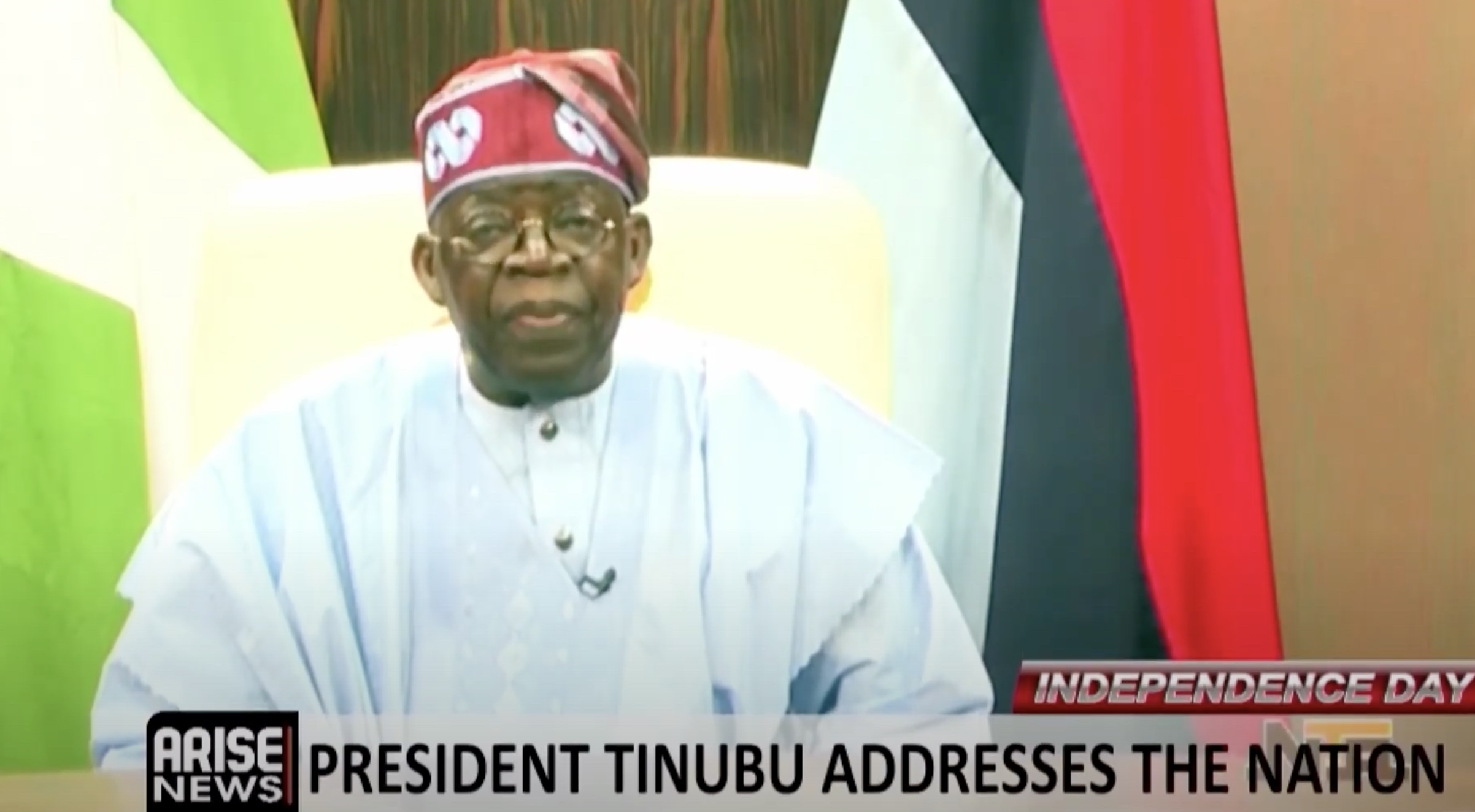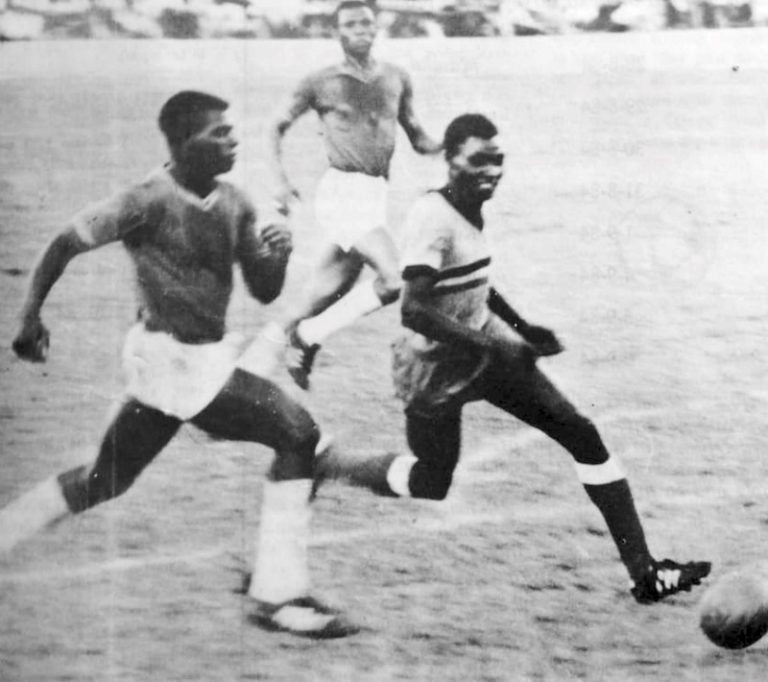
Screenshot
President Bola Ahmed Tinubu on Wednesday marked Nigeria’s 65th Independence anniversary with an assurance that the country had made remarkable progress in key sectors since gaining freedom from colonial rule in 1960.
Addressing the nation in a broadcast, Tinubu said Nigeria today enjoys better access to education and healthcare than it did at independence, while also highlighting gains in infrastructure, telecommunications, aviation, financial services and other critical areas.
“At independence, Nigeria had 120 secondary schools with a student population of about 130,000. Today, we have more than 23,000 secondary schools across the country,” he stated. “In 1960, we had only the University of Ibadan and Yaba College of Technology as our tertiary institutions. By the end of 2024, the number had grown to 274 universities, 183 technical schools and 236 colleges of education nationwide.”
The president acknowledged the resilience of the Nigerian people in overcoming decades of challenges ranging from civil war and military rule to political instability and economic hardship. “While our system and trials that bind us are sometimes stretched by insidious forces opposed to our values and ways of life, we continue to strive to build a more perfect union where every Nigerian can find better accommodation and fulfilment,” he said.
Tinubu also paid tribute to Nigeria’s founding fathers and nationalists, including Herbert Macaulay, Nnamdi Azikiwe, Abubakar Tafawa Balewa, Obafemi Awolowo, Ahmadu Bello, Margaret Ekpo, Funmilayo Ransome-Kuti and others, whom he said envisioned Nigeria as the beacon of hope and leadership for Africa and the black race.
Reflecting on the nation’s journey, he remarked: “In 65 years since our independence, we have made tremendous progress in economic growth, social cohesion and physical development. Although it is much easier for those whose vocation is to focus solely on what ought to be, we must recognise and celebrate our significant progress.”
Faridah Abdulkadiri



